EU261 Flight Compensation Rules For Delayed And Cancelled Flights
To build upon the previous article about refunds in Europe, EU261 flight compensation rules set specific legal requirements for flights around the European Union. Chances are, if you’ve been around travel for any period of time, you’ve heard of EU261. You also might be trying to learn more about it because of delays & cancellations during the Coronavirus situation and its impact on travel. Today, we want to look at what, specifically, EU261 covers regarding flight compensation rules. We’ll cover when it applies, what types of flights it covers, and also some organizations that can help when you need to file a claim for reimbursement.
Updated 6/16/22: figured this was worth reposting with all of the cancellations and delays happening this summer.
What Is The EU261 Flight Compensation Law?
EU261 is a European law passed in 2004 (full text of the law available here). It went into effect February 17, 2005 and governs flights within the European Union. It establishes passenger rights regarding 3 situations:
- Flight delays
- Flight cancellations
- Denied boarding
While this sounds quite broad, that is the intention. EU261 replaced previous laws to ensure passengers are protected and that airlines act with care towards passengers.
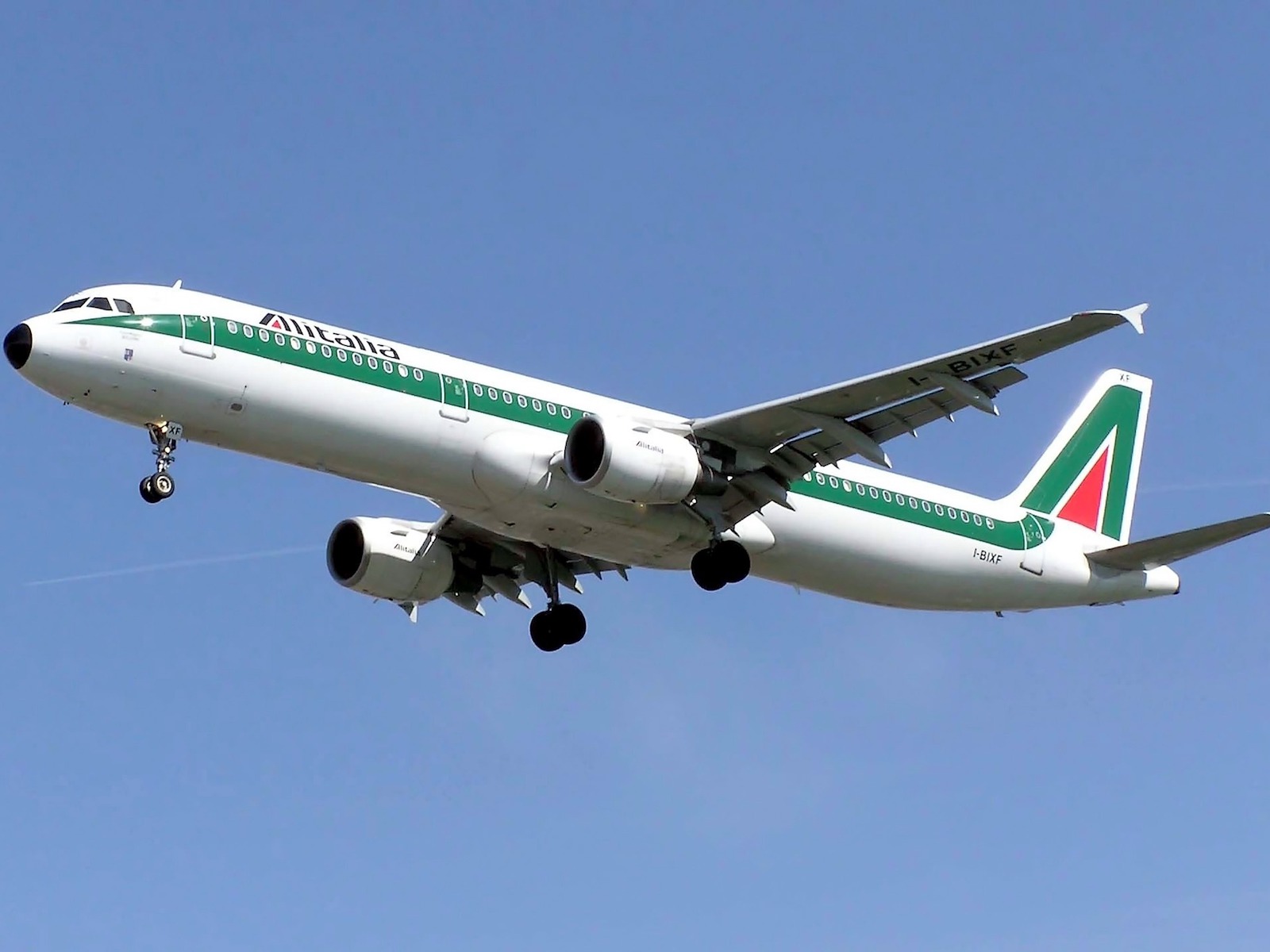
When Does EU261 Apply?
EU261 flight compensation rules apply pretty broadly. There are 3 times when the rules apply. Let’s look at those and an example of each. We’ll also look at examples when the EU261 flight compensation rules don’t apply.
- Flights within the EU, no matter what airline you’re flying on
- Any flights from the EU to a non-EU area, no matter what airline you’re flying on
- Flights to the EU from a non-EU area ONLY IF YOU’RE flying an EU airline
The first item covers any flight entirely within the European Union. Item 2 covers any flight departing the European Union for somewhere outside EU airspace. This applies regardless of the the airline. In the 3rd, if you’re currently outside the EU and flying into the EU, EU261 only applies if you’re flying on an airline based in the European Union.
In the 3rd item, imagine you’re flying from Boston to Paris. If you’re flying on American Airlines, EU261 flight compensation rules don’t apply. You’re flying into the EU on an airline not based in the EU. If you take that same path but flying on Air France, the rules now apply. This airline is based in the EU.
It Doesn’t Apply To EU Carriers When Outside The EU
It’s also important to note that EU261 never applies to flights that don’t touch the EU. KLM (based in the Netherlands) has a fifth freedom flight from Buenos Aires, Argentina to Santiago, Chile. This airline is based in the EU, but the flight never touches the EU. Thus, the EU261 rules don’t apply on this flight leg.
Let’s take a look at the specifics of the 3 covered areas now.
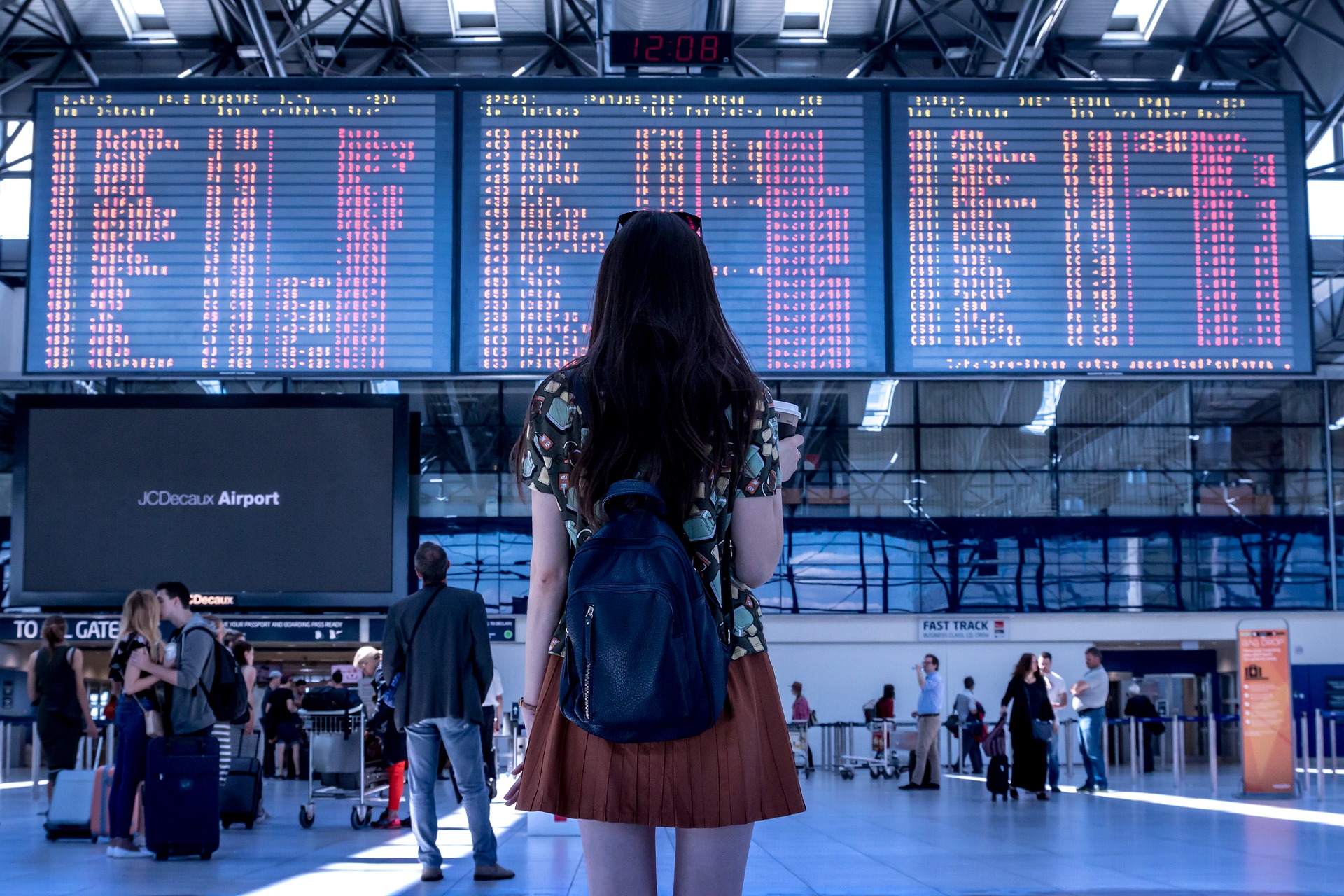
Flight Delays
When a flight is delayed, passengers are entitled to communication about the event. They’re also entitled to refreshments served by the airline. However, this does not apply to all flight delays. It applies after these amounts of time:
- 2 hours, if the flight is less than 1500 km / 932 mi in distance
- 3 hours, if the flight is within the EU and more than 1500 km / 932 mi in distance OR a flight more than 1500 km / 932 mi but less than 3500 km / 2175 mi in distance
- 4 hours, if the flight is more than 3500 km / 2175 mi in distance
In addition, if a flight will depart on the day after the original departure time, passengers are entitled to accommodation.
If a flight is delayed by 5 hours, passengers have the right to abandon their journey and receive a refund for all unused tickets, a refund on tickets used already if the flight no longer serves any purpose in relation to their original travel plan (ex: you now can’t make it to a meeting), and, if relevant, a flight back to their original point of departure at the earliest opportunity.
Delays That Cause Other Delays
It’s also important to know that passengers with a loss of 3 hours or more at the final destination are entitled to compensation as though their flight had been cancelled. Flight delay is based on the scheduled arrival time. This is defined as when the doors are opened on the plane and not when it lands (because the door opening is when you’re actually able to get off the plane). In case of an arrival delay of more than 3 hours, passengers are entitled to cash compensation, unless the delay is caused by extraordinary circumstances.
In October 2017, an EU Court of Appeal ruled that the final destination must be included in the total delay. What does that mean? Imagine a passenger misses a connection outside the EU and ends up with a delay longer than the times indicated above. Even if the delay on the flight leaving the EU was below the threshold above, the total delay is counted—not just the delay within the EU. If a delay in the EU is only an hour but causes you to miss a connection, then the next flight is 4 hours later, the amount of delay counted isn’t just 1 hour.
Flight Cancellations
Your passenger rights increase when the flight is cancelled rather than delayed. If a flight is cancelled, you have the right to choose from the following:
- Rerouting to the same destination at the earliest opportunity (under comparable conditions, such as same or higher class of travel);
- Later rerouting, at the passenger’s convenience, to the same destination under comparable conditions
- A refund of the ticket as well as a return flight to the point of first departure, if you’re no longer in the location where the trip started.
When considering refunds, this includes all flights not yet flown. It will also include flights already flown in cases where the cancellation has made those flights pointless (ex: you can’t make it to the meeting, wedding, etc. and there’s no reason to move forward). During these cancellation delays, passengers also have the rights to communication and refreshments we mentioned above.
Notes About Re-Routing
As many cities have more than 1 airport these days, you may be re-routed to another airport serving the same destination. If this happens, the airline must pay for onward transport to the original airport or to nearby destination that the passenger agrees with. You cannot be sent to a different airport without onward travel to your original destination provided by the airline. For example, an airline cannot send you to Orly Airport on the south side of Paris without helping you reach your original destination of Charles de Gaulle airport on the far north side. That or they can take you to an agreed-upon destination (such as your hotel in central Paris, which is half-way between the 2 airports).
Extraordinary Events
These choices, and the entitlement to refreshments, etc., apply to all cancellations, regardless of whether the circumstances are extraordinary or not. The clearest example we can look back at is the eruption of the Eyjafjallajökull volcano in Iceland in 2010. The aftermath poured ash and smoke into EU airspace, shutting down air traffic for a week. While courts considered this part of “extraordinary circumstances” that release airlines from the obligation to pay extra compensation, the courts said that these events don’t release airlines from the obligation to take care of customers. Thus, air carriers must continue to take care of passengers with communication, re-routing options (if possible), and refreshments. The courts said there’s no time or money limit on this duty of care.
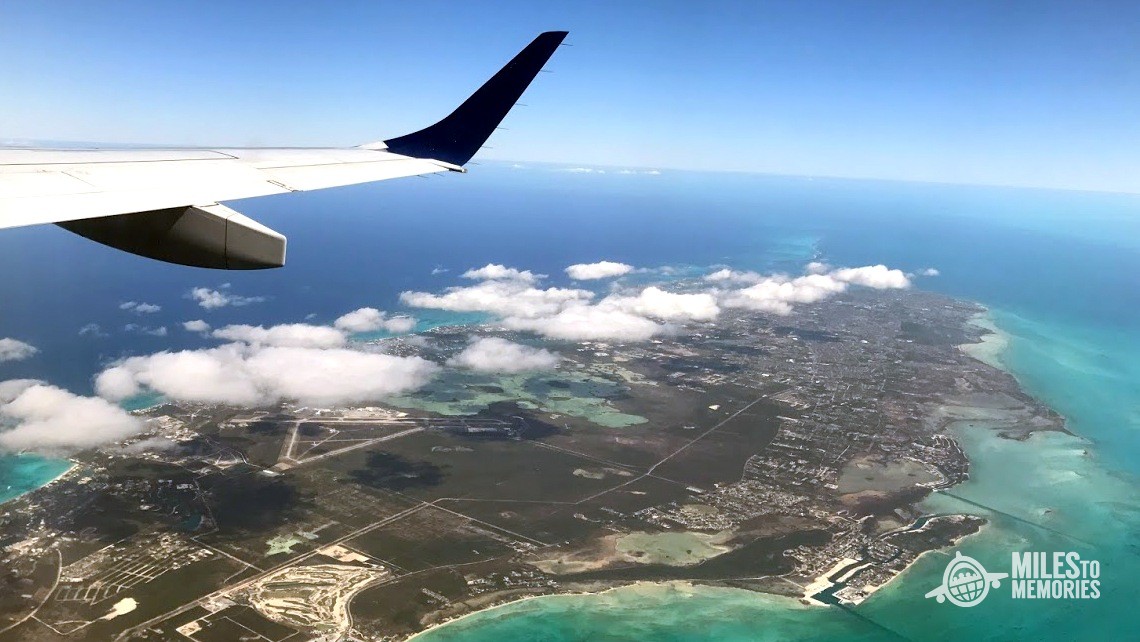
Mechanical Issues
Courts have also ruled that mechanical issues do not count as extraordinary events. These do not release airlines from their responsibilities and required reimbursements to customers. Wear & tear, maintenance requirements, and the like do not absolve the airlines. Only genuine manufacturer defects, such as product recalls, or intentional sabotage can be considered extraordinary/beyond the airline’s control.
Unresolved Questions About Cancellations
There remain questions about how far the airlines must go in these situations. It’s not clear whether “earliest opportunity” requires airlines to endorse a ticket onto another carrier. The airline is also required to pay cash compensation to passengers, unless one of the following applies:
- passengers are notified at least 2 weeks prior to departure
- the airline notifies the passengers between 1 and 2 weeks prior to departure AND re-routes passengers so that they can:
- depart no more than 2 hours earlier than scheduled, and
- arrive no more than 4 hours later than scheduled
- passengers are notified less than 1 week prior to departure then re-routes passengers so that they can:
- depart no more than 1 hour earlier than scheduled, and
- arrive no more than 2 hours later than scheduled
- the cancellation was caused by extraordinary circumstances that could not have been avoided by any reasonable measure.
The airline must provide an explanation to passengers of alternative transport. This is part of the airline’s requirement to provide updates and communication throughout the process.
Denied Boarding
You may have seen this before. “Passengers in the waiting area, our flight is overbooked. If you’re willing to travel on the next flight, leaving 4 hours from now, we will offer you x dollars.” But what happens if they don’t get enough volunteers? There are more passengers than there are seats. This is where “denied boarding” comes into play.
Before they can deny boarding to any passengers, the airline must seek volunteers to give up their seats in exchange for an offered benefit. Even if you accept this, the volunteers are still entitled to reimbursement or rerouting rights. You have not given up your rights by being a volunteer.
If the airline doesn’t get enough volunteers, they can involuntarily deny passengers the right to board the flight. All passengers who are denied must be offered all three types of compensation and assistance (compensation, re-routing/cancellation choices, communication + refreshments).
These rules about “denied boarding” don’t apply in safety situations. If you’re drunk, combative, or causing safety concerns, they can deny you boarding. If you show up after the door has already closed, you were late. You weren’t denied boarding. This is only for passengers who were present, ready to board, and then couldn’t.

What Compensation Am I Entitled To Receive?
Now that we know what EU261 is, when it applies, and when it doesn’t apply, let’s talk about compensation. The required types and amounts of compensation are clearly laid out. There’s no need to negotiate or worry about airlines low-balling you with a bad offer. Haggling skills aren’t required here.
Cash Compensation
If a flight is cancelled, the airline is required to pay you cash. There are specific amounts, depending on your flight.
- €250 for the short flights in the EU above
- €400 for the medium flights above
- €600 for the longest flights above
If a passenger is rerouted due to cancellation or denied boarding, the above amounts are payable if the passenger’s actual arrival time beyond the delayed times we talked about above. If rerouting delays the passenger by less than these time limits, only half of this amount is paid out.
Payments are compensation for customers’ inconvenience. These have no relation to refunds or reimbursements on unused tickets or “trip in vain” cancellations. They also do not cover customer’s expenses due to delays and cancellations. Note that airlines don’t have to give passengers cash compensation in the case of unavoidable types of extraordinary circumstances.
Payments are required to be in cash, bank transfer, or check. They cannot force you to accept a travel voucher, though you can accept this if you desire. You are entitled to cash in these situations.
Rerouting Or Refunding Flight Compensation Rules
Rerouting or refunding entitles the passenger to 1 of 3 options. Also remember what we said above about transport if taken to an alternate airport than your original destination.
-
Repayment of the cost of unused flight tickets. Also, the passenger should receive reimbursement for used tickets where the flight(s) now create a “trip in vain”. Where applicable, the passenger deserves a flight back to the original point of departure at the earliest opportunity.
-
Rerouting under similar conditions to the intended destination at the soonest opportunity
-
Rerouting under similar conditions to the intended destination at the passenger’s leisure, subject to the availability of seats. This means the passenger can choose a new time to continue the journey, so long as seats are available.
Refreshments, Communication & Accommodation
When passengers become entitled to assistance, they must be offered these items without charge.
- Meals and refreshments in proportion to the waiting time
- 2 telephone calls, faxes, or emails
-
Hotel accommodations and transport between the hotel/airport
Note that the law and the courts agree that the airlines don’t need to provide these if they create additional delays. If sending you to the food court with a meal voucher creates extra delays (ex: now the flight has to wait for you ), then the airline doesn’t have to provide it.
 A Note About Upgrades & Downgrades
A Note About Upgrades & Downgrades
I keep mentioning that new flights must be “under similar conditions”. That means that passengers in business class should get new bookings in business class, not economy. However, airlines sometimes have to move passengers into another class. Here are the applicable rules.
- If the airline moves you into a higher class of service, they can’t make you pay for it.
- If the airline moves you into a lower class of service, they must refund you 30/50/75% of the flight price, based on the flight lengths we mentioned above.
Where Does EU261 Cover Me?
The European Union, easy! Actually, it’s more than that. While this is an EU-based law, it also covers airspace related to countries that aren’t part of the EU. This includes Iceland, Norway, and Switzerland. EU261 flight compensation rules also apply to numerous overseas territories of European countries:
- French Guiana
- Martinique
- Mayotte
- Guadeloupe
- La Reunion
- Saint-Martin
- Madeira
- Azores, and
- Canary Islands
Note that it doesn’t cover French Polynesia. If you’re flying to Bora Bora, for example, this is outside the scope of the EU airspace. EU261 doesn’t apply in this airspace unless traveling on a non-stop flight that started in European airspace.
Additionally, as of January 1, 2021, EU261 does not apply to the U.K. If your flight from the U.K. to Europe is not on with an EU-based carrier, the EU261 rules do not apply. Rules still apply on EU departures to the U.K. or flights into the EU on EU-based airlines, though.

Organizations That Help With Your Flight Compensation Claims
If you don’t want to manage your flight compensation claim yourself, there are organizations that can help you. The majority of these will take a percentage of what you receive from the airline, rather than asking you to pay up front.
Final Thoughts On EU261 Flight Compensation Rules
There are numerous elements to know about EU261. In this article, we looked at what it is, when it applies/doesn’t apply, and also the different valuations based on type of flight involved. We looked at cancellations vs. delays and also what happens when you’re denied boarding. We talked about special rules related to rerouting, and we also mentioned some popular claims filing agencies who can do the legwork for you.
EU261 aims to be passenger-friendly. Its purpose is to force the airlines to take care of passengers during delays and cancellations. You have rights when flying in the European Union, and we talked about which flights this covers. There are codified flight compensation rules in European law. I hope you never need to invoke these rights, and I hope all of your flights are on time. If things go wrong, this resource should help.


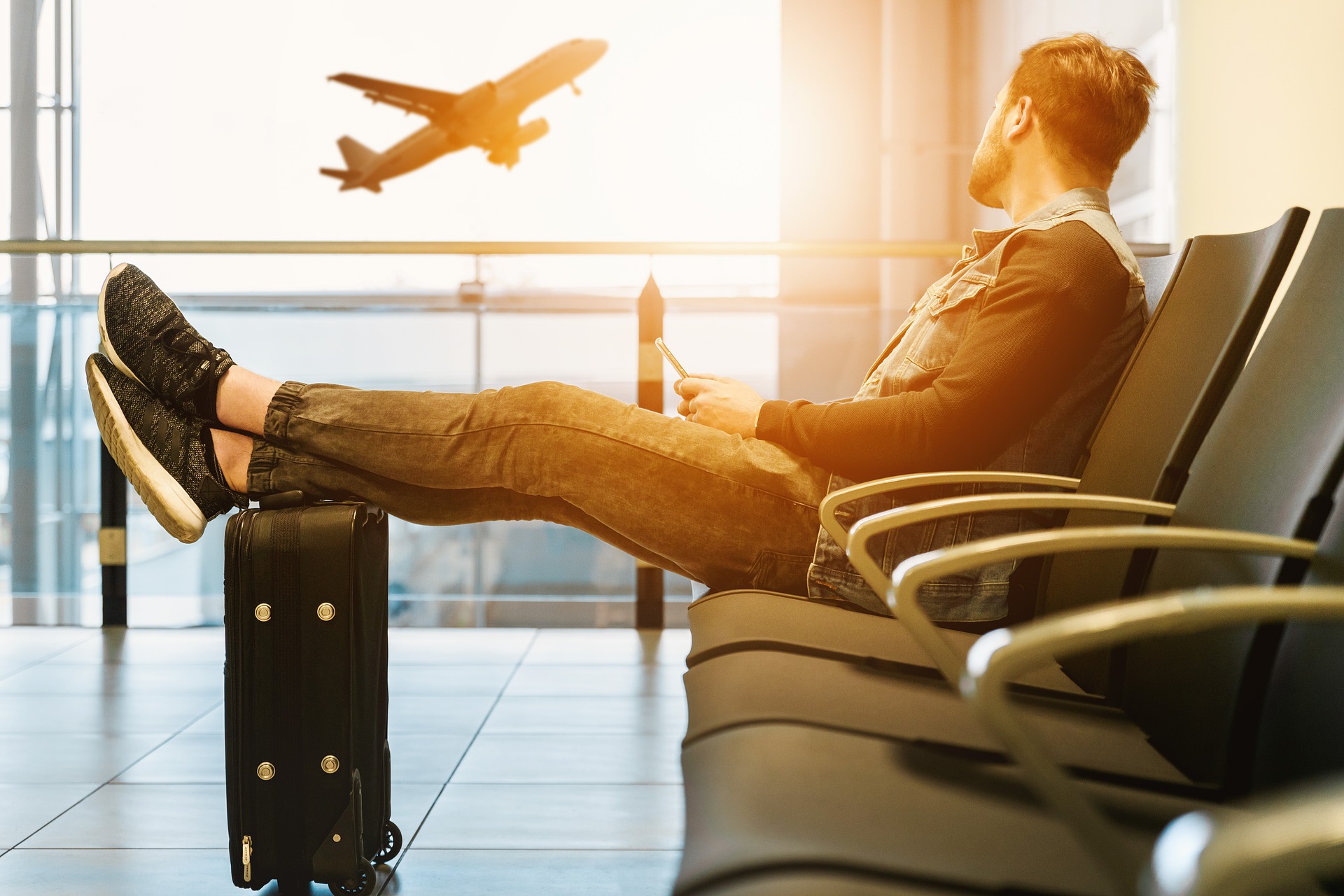
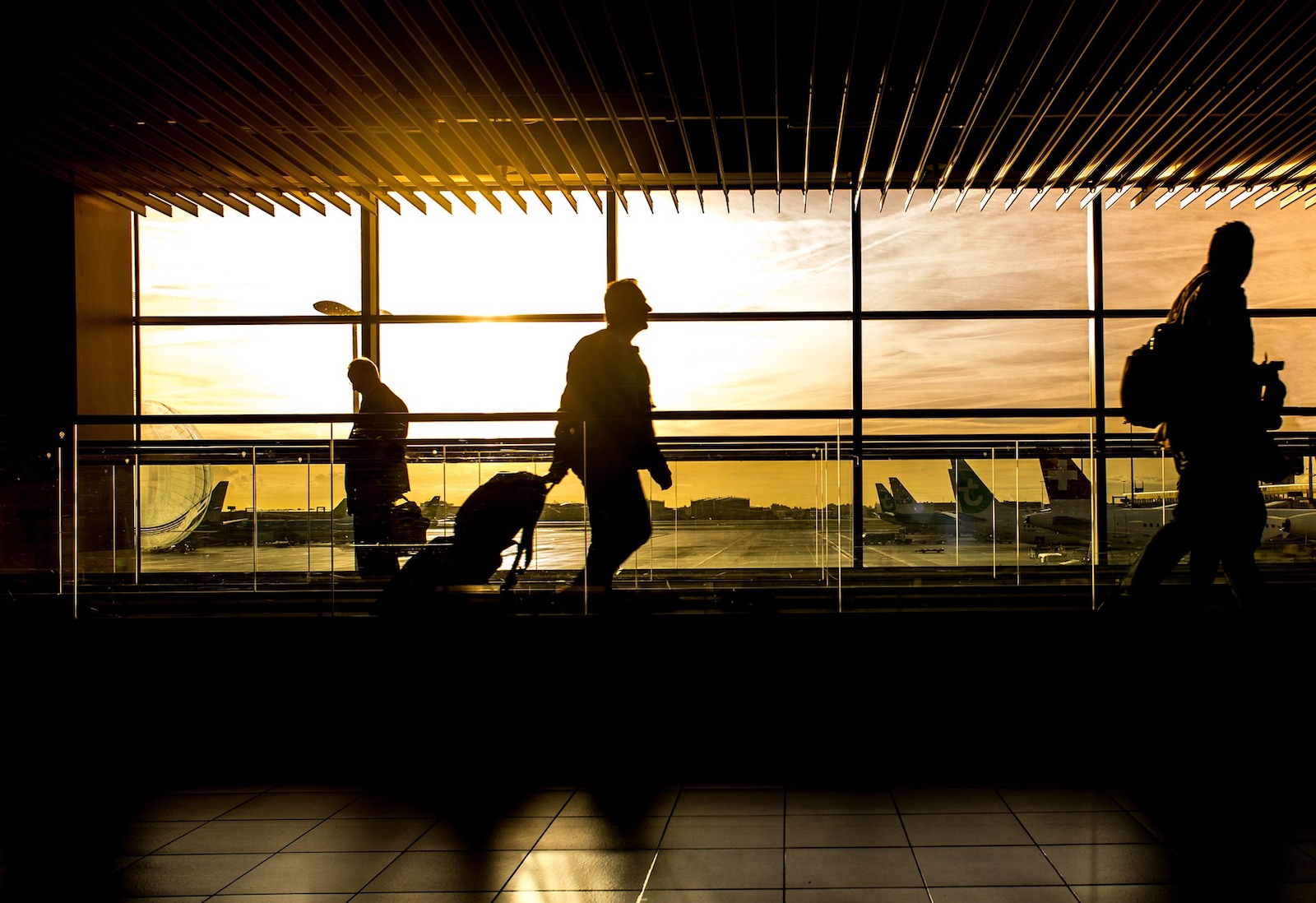

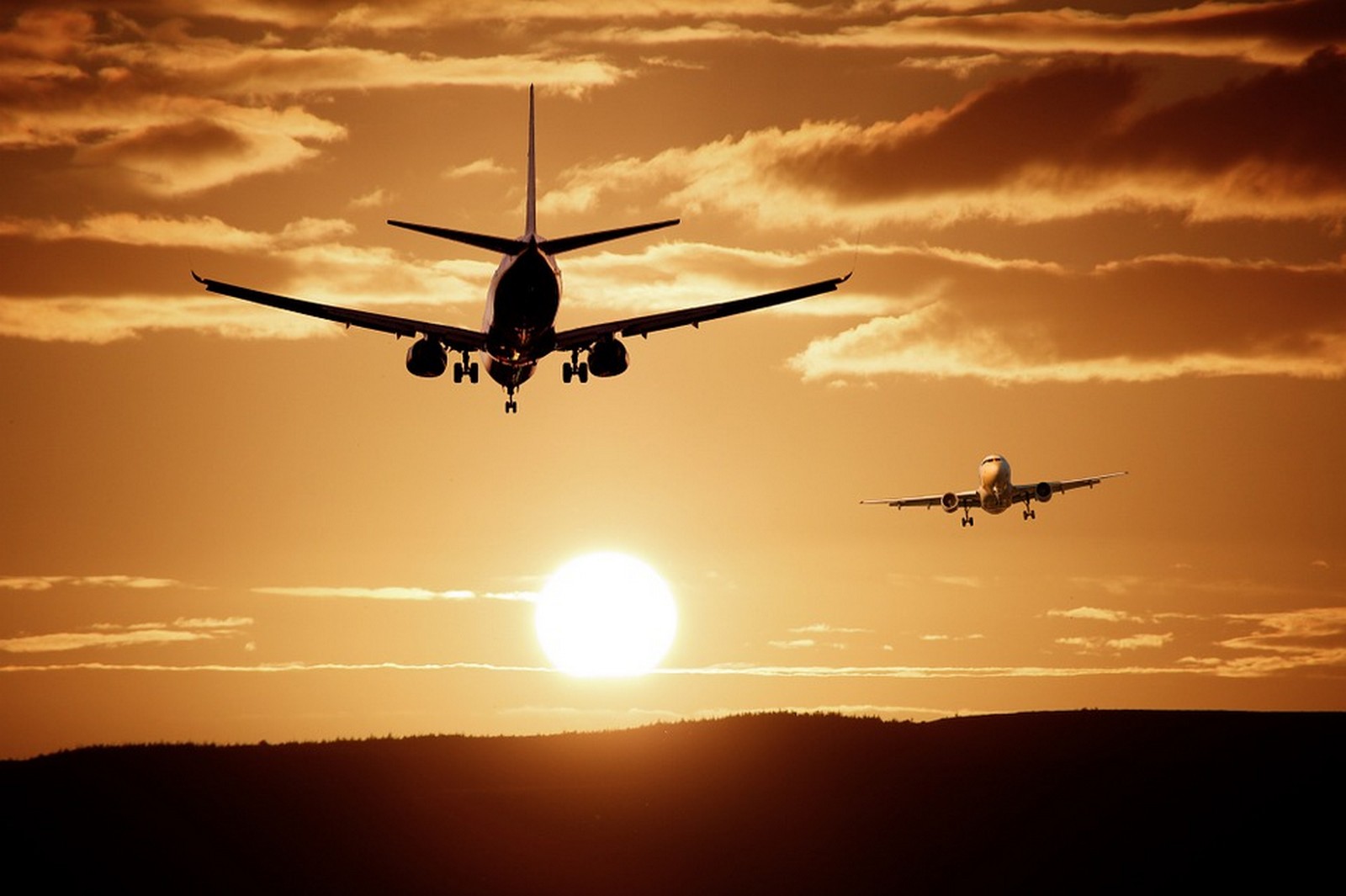 A Note About Upgrades & Downgrades
A Note About Upgrades & Downgrades
Funny timing Ryan! My wife and I benefited from this compensation rule just last month!
The flight had several delays before ever heading out to the runway. The Captain had informed us of things as they were being looked at and it seemed as though we would eventually take off. But while taxiing out to the runway, we were called back to the terminal due to a technical issue that they were unable to address.
While waiting for our baggage, we learned of EU261 from a more travel experienced couple. After we returned hoteI was easily able to do the required paperwork from KLM’s website and the funds were wired into our account in about three weeks. In our case, we were compensated for both the flight (we hit the max benefit) and hotel stay. It took a little of the sting out of loosing a day in Europe.
But BEWARE of online companies offering to do the paperwork for you! I was concidering it until I saw they take a large chunk of your compensation as their fee!! And what was required was really NOT worth the price I would have paid to have them do it for me.
What about strikes? Extraordinary event or not?
Looks like strikes are not covered.
https://www.flightright.com/your-rights/strikes#:~:text=Check%20compensation-,Is%20it%20possible%20to%20get%20compensation%20for%20flight%20disruption%20caused,caused%20by%20'extraordinary%20circumstances‘.
My wife and I benefited from this after delays on every leg of a return to the U.S. from Budapest a few years ago. I read about it in a sponsored post on Facebook, and hired that company to pursue it for us. It cost me 10 percent of the total due us, but getting many times that, especially when unexpected, made me a happy camper.
Nice and very comprehensive. For some reason I’d thought it was EC261, not EU261.
I had never heard EC261 until your comment. Googled it, and I found “EU261, also known as EC261, is a…”